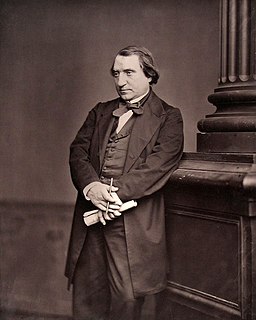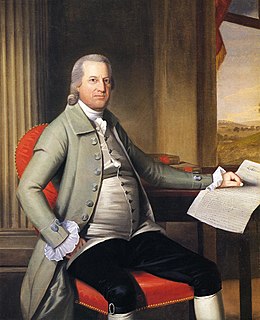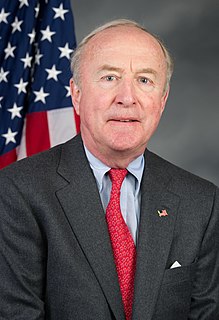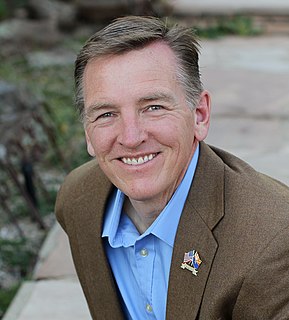A Quote by Ambrose Bierce
OATH, n. In law, a solemn appeal to the Deity, made binding upon the conscience by a penalty for perjury.
Related Quotes
No man can well doubt the propriety of placing a president of the United States under the most solemn obligations to preserve, protect, and defend the constitution. It is a suitable pledge of his fidelity and responsibility to his country; and creates upon his conscience a deep sense of duty, by an appeal, at once in the presence of God and man, to the most sacred and solemn sanctions which can operate upon the human mind.
You are also asked to take an oath, and that's the oath of service. The oath of service is not to secrecy, but to the Constitution - to protect it against all enemies, foreign and domestic. That's the oath that I kept, that James Clapper and former NSA director Keith Alexander did not. You raise your hand and you take the oath in your class when you are on board. All government officials are made to do it who work for the intelligence agencies - at least, that's where I took the oath.
When I was running for governor, I was attacked pretty strongly because of my position on the death penalty. But I looked the voters of Virginia in the eye and said, look, this is my religion. I'm not going to change my religious practice to get one vote, but I know how to take an oath and uphold the law. And if you elect me, I will uphold the law.






























